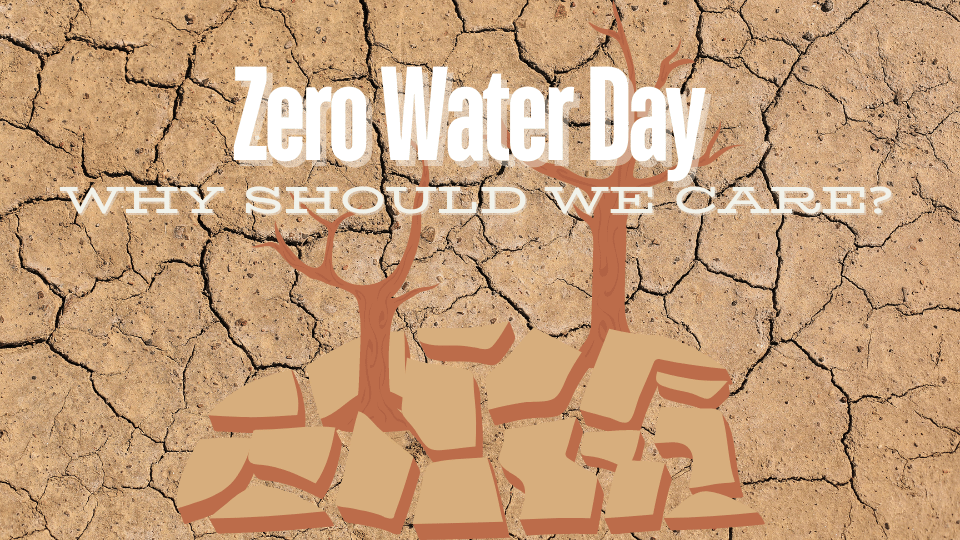Zero Water Day – Why we should care?
OYF Team Sep 13, 2025 Environment & Sustainability 198

Day Zero is a term used to describe a day when a city or region has exhausted its water resources and is forced to shut off the water supply to homes and businesses. It's a dire situation that can have devastating consequences for the community.
When did it gain popularity?
The concept of Day Zero gained widespread attention in 2018 when Cape Town, South Africa, faced the possibility of running out of water. The city was experiencing a severe drought, and its reservoirs were dangerously low. The government took drastic conservation measures, including limiting water usage to 50 liters per person per day.
Although Cape Town managed to avoid Day Zero, many other cities and regions worldwide face water scarcity due to climate change, population growth, and poor water management practices.
What does it mean?
Day Zero means severe consequences: without access to clean water, basic hygiene becomes difficult, increasing the risk of disease. Agriculture and businesses are affected, leading to job losses and economic instability.
What can we do about it?
Preventing Day Zero requires action from governments, businesses, and individuals. Measures include adopting water-saving technologies, investing in infrastructure, improving water management, and promoting conservation awareness. Individuals can fix leaks, take shorter showers, and use water-efficient appliances.
We can also support organizations committed to sustainable water practices and adopt systems like water recycling, rainwater harvesting, and greywater/blackwater recycling.
Conclusion
Day Zero is a stark reminder of the importance of water conservation. By embracing the "Reduce, Reuse, Recycle" approach and investing in solutions—such as a water recycling plant for car wash and water-efficient taps—we can help ensure access to clean water now and for future generations.
Related
- How Water Recycling Plants are Revolutionizing the Car Wash Industry
- Asia Cup 2025 Handshake Controversy: Why Principles Matter for India - And for Water
- Engineer’s Day 2025: Shaping a Sustainable Future Through Water and Wastewater Innovation
- Completing the Water Cycle: Going Beyond Rainwater Harvesting